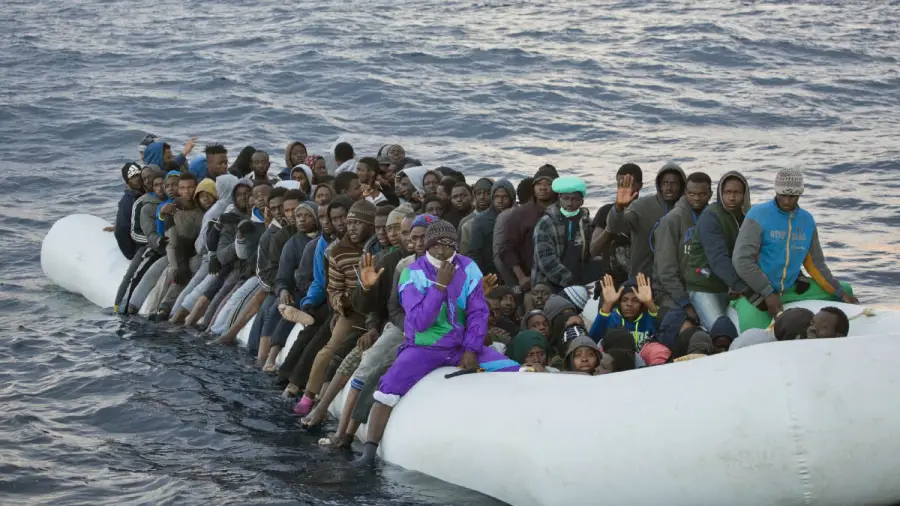
By Daud Khan and Leila Yasmine Khan (IPS)
HAVANA TIMES – The recent elections in the Netherlands signals the increasing power of the far right in Europe. The populist party of Geert Wilders, the Party for Freedom, won a decisive, albeit unexpected, victory taking 37 seats out the 150 seat in parliament. Wilders will likely be the head of the next Government. His policies include stopping all immigration into the Netherlands, holding a referendum on leaving the EU, and banning mosques and the Quran.
Welder’s victory is part of a general shift to the far-right in Europe. It follows that of Giorgia Meloni in Italy who has been heading a coalition, headed by the strongly anti-immigrant Brother of Italy, for over a year. In Germany, the Alternative for Germany (AfD) has been increasing its power at both national and regional level. In France there is already talk of the far-right, anti-immigrant leader, Marie Le Pen being the next president.
So what explains the success of far-right, anti-immigrant parties in countries that have a long history of being relatively liberal and inclusive. And, more importantly what will happen now that they are in power, or are increasingly influential.
A key factor in their rise to power is their ability to peddle the narrative that the problems of the Common People are largely due to immigrants, and to an ill-defined political and economic Elite that is only interested in maintaining their power and profits.
According to the populist right, Europe is being overrun by people of a different skin color, with different language or accents, and with a different culture or religion. These foreign people are taking our jobs and businesses, depriving us of housing and acting as a drain on the welfare system. They are also responsible for most of the crimes, in particular theft, drugs and violence against women.
This narrative had strong appeal in economically deprived areas, among the lesser educated, and among workers who has lost job


